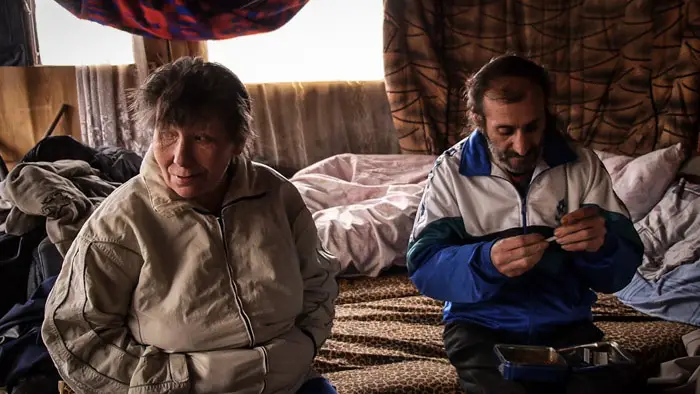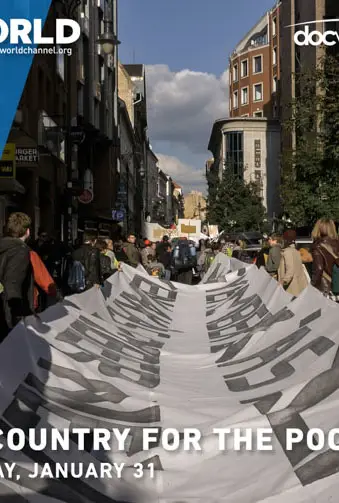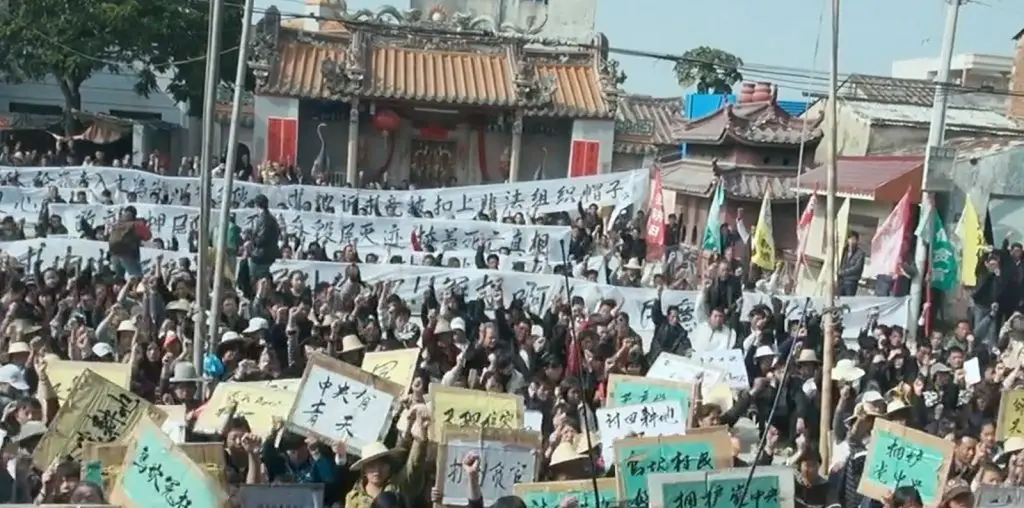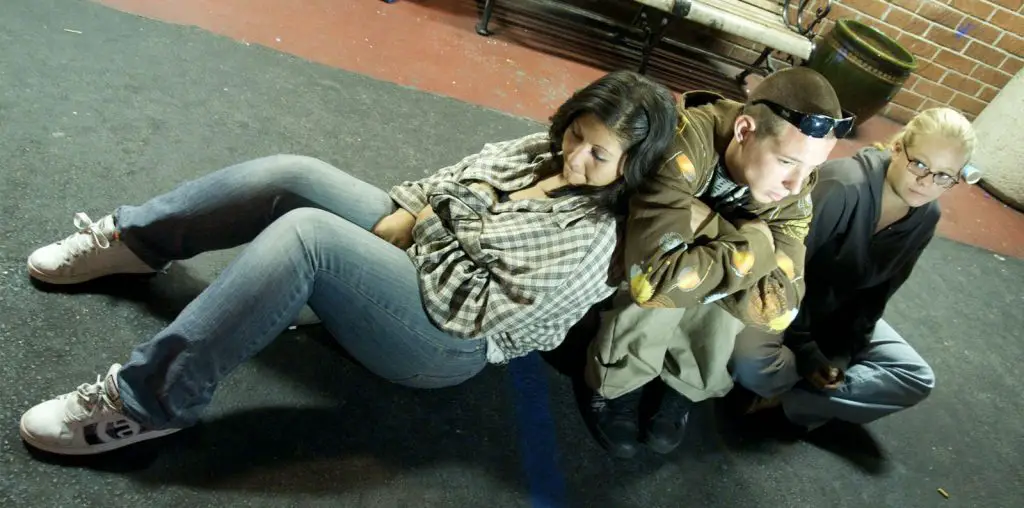
To ably make its case, No Country for the Poor features Jutka Lakatosne. We learn that she has been homeless for twenty-five years. Her parents gave her up at the age of three. She is old enough to remember life under communism and how at least “there was no such thing as homelessness.” One of the most powerful scenes involves Lakatosne and members of The City is for All petitioning for reform in front of a government bureaucrat. As she recounts her arduous life in front of the government official, she tries to hold back tears.
As viewers, we also hold back our tears as she tells her story, putting her dignity on display in front of a disinterested bureaucrat. We know that Lakatosne and her fellow activists do not have the political leverage, money, or power needed to bring about a change to government policies. The odds are very much stacked against her and AVM.

“…an important chronicle of those who are too often voiceless in our societies...”
No Country for the Poor runs only 53 minutes, and that is not long enough. One wishes that the director would have expanded a bit more on some of the compelling individuals in The City is for All. The viewer would have also been well served by Bihari giving a brief macro-history of Hungary’s shift from communism to its current state. The issues of homelessness, affordable housing, and the country’s penal codes could have been discussed in a more three-dimensional historical perspective.
The documentary is, nonetheless, an important chronicle of those who are too often voiceless in societies. We can evaluate civilizations along different spectrums. We can judge them in terms of GDP, military strength, and cultural impact, or we can assess them on how they fulfill their obligations toward their most vulnerable. The international community is fully aware of the animus expressed by many in Hungary’s ruling party toward migrants and refugees.
No Country for the Poor exposes another layer of callousness in Hungary’s treatment of the poor. Orbán is a right-wing populist in style, but Hungary’s brutal economic reality is neoliberal — evictions, a lack of a social safety net, and economic austerity. It reminds us that the indignities of everyday life, faced by the powerless, expose governments and economic systems’ psychopathologies.

"…30,000 Hungarians are either homeless or reside in makeshift shacks..."



[…] Read more… […]